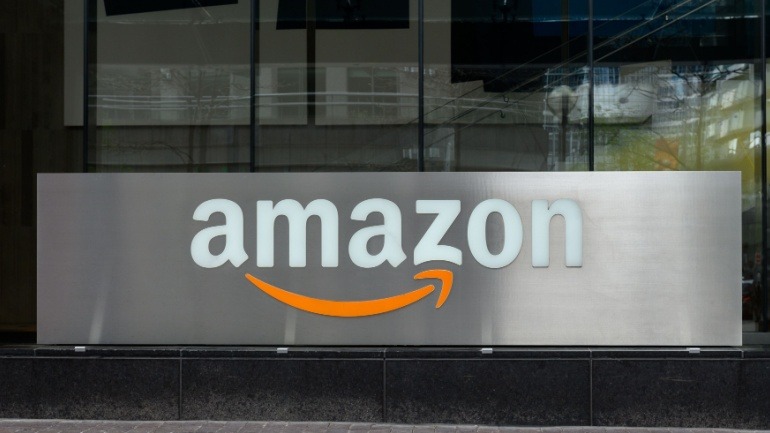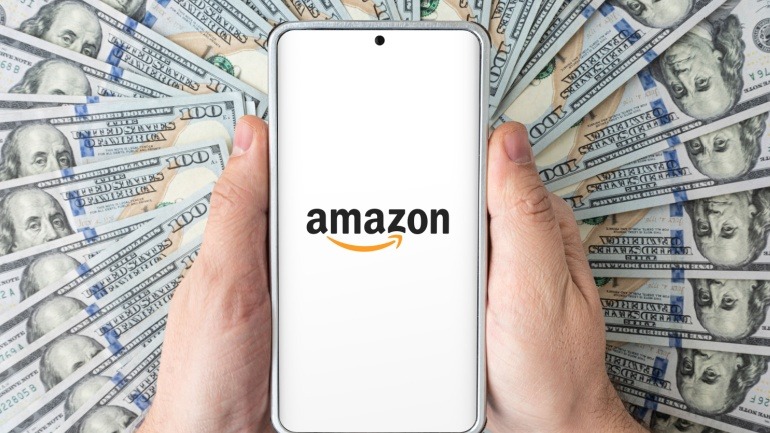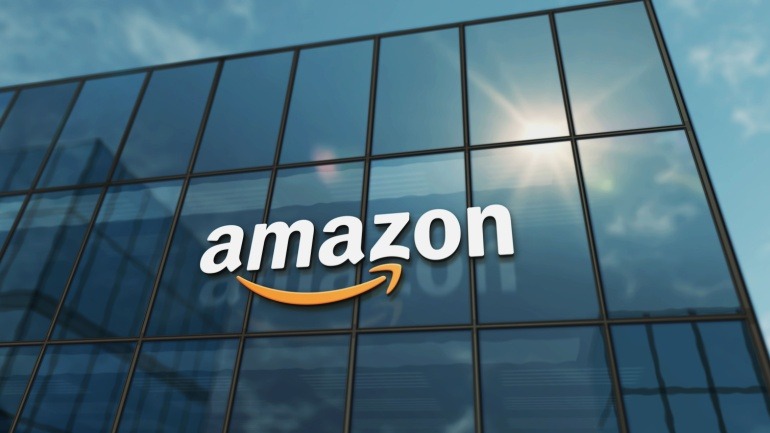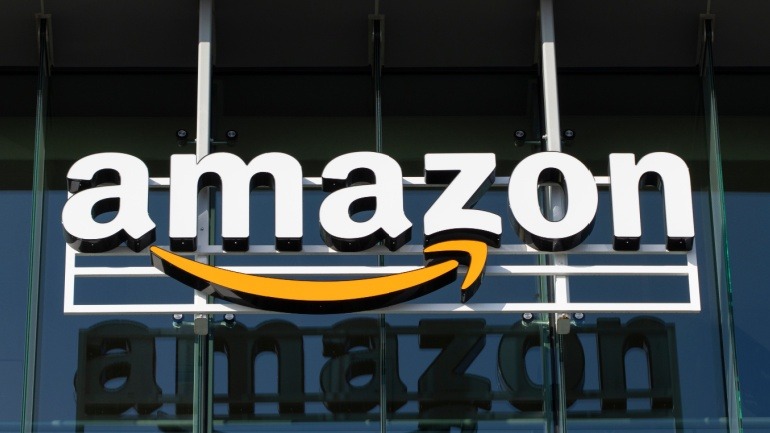Amazon’s potential $10 billion investment in OpenAI, renowned for creating ChatGPT, signifies a pivotal shift in the AI and cloud industry dynamics. By challenging Microsoft’s exclusive partnership with OpenAI, Amazon could integrate ChatGPT’s capabilities into its enterprise solutions, enhancing its competitive edge in VoIP and cloud services.
Amazon’s robust $35 billion investment plan underscores its commitment to shaping India’s digital landscape, with an eye on AI-driven advances and e-commerce expansion. This financial infusion aims to bolster small businesses, as well as create 1 million jobs by 2030. Competing with tech giants like Microsoft, Amazon champions a progressive vision.
Amazon Web Services is making a significant move in South Korea with a $5 billion investment in AI data centers. This aligns with the country’s ambition to lead in AI technology within Asia. AWS CEO Matt Garman’s meeting with South Korean President Lee Jae Myung highlights this commitment, strengthening AWS’s presence.
Amazon’s recent decision to reduce its corporate workforce by 30,000 employees marks a pivotal moment in the industry, underscoring a shift towards AI-driven efficiency. Amazon Web Services and several departments will face cuts as the company, under CEO Andy Jassy, prioritizes streamlining operations and reducing bureaucracy. This strategic move highlights AI’s transformative role in modern business practices, challenging traditional management. Other tech giants like IBM and Accenture follow similar paths, indicating a broader industry trend. As Amazon embraces automation, its policies on workspace attendance ignite discussions on balancing human roles with digital innovation.
WhatsApp has become a vital communication tool worldwide, and its growing significance for businesses is undeniable. However, leveraging WhatsApp while ensuring compliance with regulations like GDPR and HIPAA poses challenges. Businesses can integrate the official WhatsApp Business API, secure communication, manage user consent efficiently, and maintain tight security, ensuring compliance and optimized VoIP strategies.
Amazon’s massive AU$20 billion investment in AWS cloud expansion in Australia marks a pivotal moment for the country’s digital transformation. Targeting Sydney and Melbourne, this effort enhances access to scalable cloud and AI services, meeting rising demands for generative AI solutions.
Amazon will invest $20 billion to expand AI infrastructure in Pennsylvania, creating thousands of jobs through new data centers in Luzerne and Bucks Counties. The initiative includes renewable energy projects and adds to AWS’s global AI expansion, with CEO Andy Jassy calling AI the biggest technology shift in business since the internet.
Amazon’s substantial $10 billion investment in AWS data centers in North Carolina underscores the surge in generative AI and cloud technology demand. This groundbreaking endeavor will create 500 high-skilled jobs, bolstering the local economy and confirming Amazon’s commitment to AI innovation and advanced cloud infrastructure.
Amazon has launched its first 27 satellites for Project Kuiper, marking its entry into the satellite internet race against SpaceX’s Starlink. Aiming to deliver fast internet to remote areas, Amazon plans to deploy over 3,200 satellites and begin service by late 2025 while addressing concerns like light pollution and regulatory challenges.
Amazon’s Project Kuiper is on the cusp of launching its first major batch of satellites, marking a significant step toward global satellite broadband. Scheduled for April 9th, the KA-01 mission will deploy 27 satellites, advancing Amazon’s venture into offering low-latency internet worldwide.













